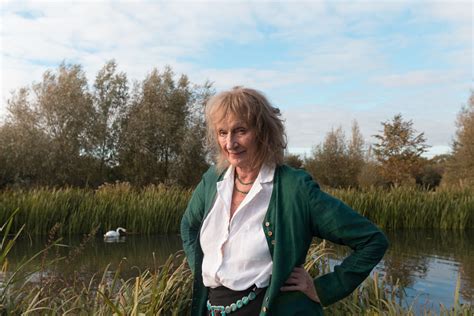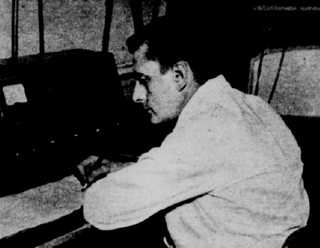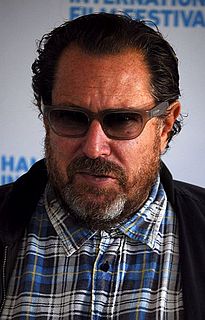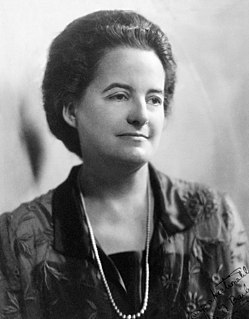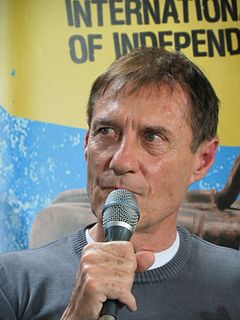A Quote by Ira Glass
I just have a harder time, I think, feeling close to people without self consciousness.
Quote Topics
Related Quotes
What nonsense it is, this desire to be without limitations, this wish always to be seen in the most flattering light. We are anxious, not because we think so little of ourselves, but because we think so much of ourselves. We are anxious, not that we may appear in the worst light, but that we may not appear in the best light. Anxiety is born of self-consciousness, and it is alleviated to the exact extent that we can drop consciousness of the self.
The science is my passion, the policy work my social duty. I think there's no other issue in the world that causes such suffering and which could be improved simply by rethinking. Millions of people are in jail just because they used consciousness-altering substances without causing any harm to others. I think it is an affront to human rights and dignity. What you do with your consciousness is your own business.
You are so accustomed to think of yourselves as bodies having consciousness that you just cannot imagine consciousness as having bodies. Once you realize that bodily existence is but a state of mind, a movement in consciousness, that the ocean of consciousness is infinite and eternal, and that, when in touch with consciousness, you are the witness only, you will be able to withdraw beyond consciousness altogether.
Self-pity is the bestiality of emotions: it absolutely disgusts people. When you're feeling pity for yourself, and somebody says to you 'You think maybe it's time for the pity party to be over? You should stop feeling sorry for yourself and try to think positive,' it makes you wish you could saw their head off.
I suggest that just as self-consciousness is the goal for all the subhuman forms of life, and as group consciousness, or the consciousness of the Heavenly Man, is the goal for the human being, so for him, also, there may be a goal, and for him the achievement may be the development of God consciousness.
Dissident Natan Sharansky writes that there are two kinds of states - “fear societies” and “free societies.”… The two societies make up two kinds of consciousness. The consciousness derived of oppression is despairing, fatalistic, and fearful of inquiry. It is mistrustful of the self and forced to trust external authority. It is premised on a dearth of self-respect. It is cramped …
In contrast, the consciousness of freedom … is one of expansiveness, trust of the self, and hope. It is a consciousness of limitless inquiry … It builds up in a citizen a wealth of self-respect.







